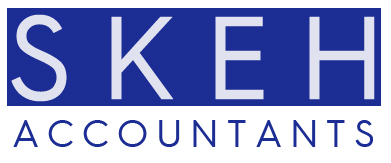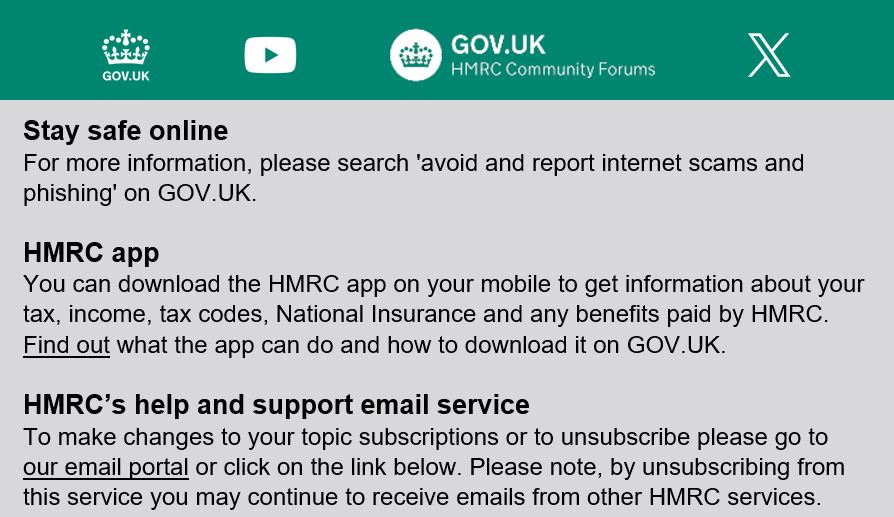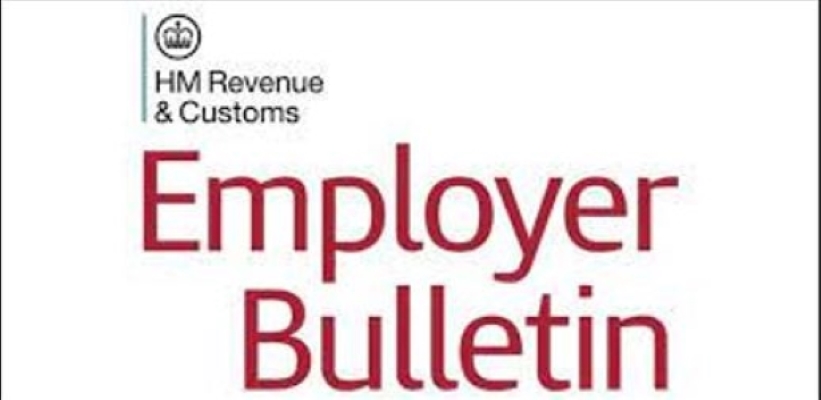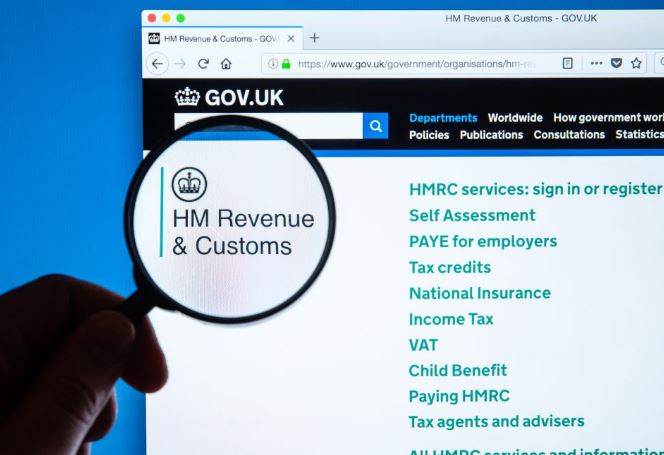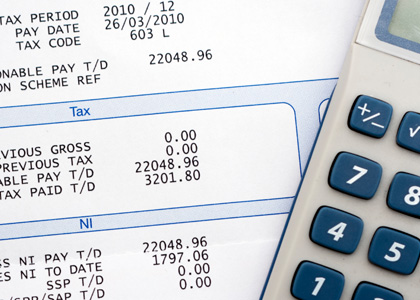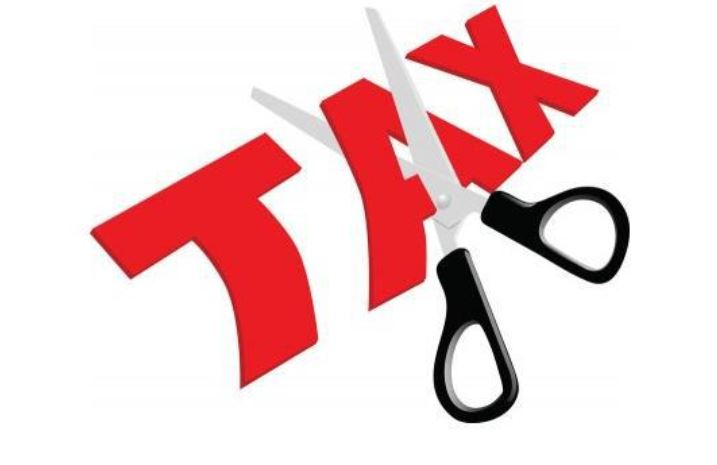Posted at 11:11h
in
Uncategorized
Have you ever wondered what does an accountant do for a small business?’ Have you tried managing your own bookkeeping but your workload is just too much to handle?
Hiring an accountant is one of the best business decisions you can make in terms of managing a steady and healthy small business.
Accountants can help small business owners in several important ways, but what is it that an accountant can do?
An accountant can assist a business owner by managing the entire financial system of a small business. Accountants can help with financial analysis, accounting software integration, and compliance, as well as provide advice on revenue loss or growth and how to improve upon the financial health of the business.
Accountants can do so much more than just manage your business’s finances, they can also advise, suggest, and even implement systems and software that can free up your time to focus on what you do best.
In this guide, we will tell you everything you need to know as a business owner about accounting. Read on to find out why you should consider Smooth Accounting to help grow your small business.
What Is the Role of an Accountant in a Small Business?
Whether you have a large company or a small sole trader, an accountant can become one of the strongest assets to your team.
If you do not have a grasp on basic bookkeeping or your business is growing at a rapid rate, an accountant can help you by easing up the strain that comes from managing the finances of a business. It’s an entire job in and of itself, and your priorities need to be focused elsewhere if you want your business to succeed and thrive.
Accounting software can do a lot now, but you will still have to analyse your cash flow and keep in mind how your revenue is affecting your business plan.
For small businesses, accountants are the chief organisers and operators of the entire cash flow function of the business.
This is essentially what an accountant is, but how exactly do they do all of this?
How can accountants help your business?
One of the jobs an accountant can help with is bookkeeping. Bookkeeping is needed to keep track of your business’s overall revenue and how the money coming in is then compared to the costs you must pay out typically on a monthly basis.
This alone can be a time-consuming job, and a good accountant will dedicate a large part of their efforts to keeping meticulous track of the finances of your small business. A great accountant will let you know every step of the way what your revenue is; if you are making a profit or a loss; and what you need to do to turn a loss into a profit.
Additionally, an accountant will also handle all of the year-end reports for a business as well as all of the many reports needed for tax season. They can also prepare a concise overview of your business’s finances for you to allow you to make accurate business decisions.
At Skeh Accountants Birmingham, we strive to be approachable because we understand that accounting can be intimidating and daunting, but our friendly team is always on hand to offer advice and peace of mind.
With many years of general practice experience, there’s no query we can’t handle. We’re cost-effective and can save you money, but we also believe in offering excellent service at an excellent price.
Focussing on Small Business Owners
All of our accountants have a general philosophy that not only provides superior accounting services but that also offers help and full integration with a small business.
We help a business owner by preparing financial statements that not only ensure you comply with company regulations, but we will also arrange to meet with you to discuss the impact of the financials. As a business owner you want to understand what you are signing and why.
We believe that this process helps clients foster more productive and essential business relations with their accountant that goes beyond just the preparation of financial statements.
The finances of a small business are frequently fluctuating, and when you add in payroll costs, taxes, HMRC, and compliance with all financial regulations including VAT, having a business advisor of sorts on your team is a great way to help you manage the financial aspects of your business.
What other services might your business need?
We have talked a bit about bookkeeping, and taxes, but there are many more services that an accountant can provide.
One of the most beneficial is the creation of financial reports, which includes management accounts. A financial report typically comes in three different forms: cash flow overview, profit and loss statement, and a balance sheet.
Small business owners should regularly look at financial statements to have an up-to-date report of the revenue coming into their business, the costs going out. These reports are very helpful during tax season and can also allow you to see variances at certain times of the year or other trends that can impact your company’s profitability.
When you hire an accountant, you can also get regular cash flow analysis that shows the cash flow of your business at specific points in time, and what is available that then determines how much money can be withdrawn or put back into the business through upgrades or additions.
A balance sheet is also a useful tool that an accountant can provide. The balance sheet allows you to see exactly how your company and your bank account are working together at a specific point in time. This sheet shows what you own and what you have owe and can offer an easy-to-read overview of the success of your business.
An accountant can also be on hand to offer advice such as if another business bank account is needed, if payroll procedures need to be improved, how to increase sales, how to maintain financial growth, how to remain compliant with HMRC, how to analyse data, the list goes on.
We offer all of these services and ensure that our accountants are not just on hand to keep your books and leave for the day.
How Much Should I Pay an Accountant For My Small Business?
An accountant should be worth the cost associated. If an accountant doesn’t help you save time, money, and stress, then there is no difference between an accountant and a random accounting software system.
At Skeh Accounting, all our company clients are charged based on the work involved. For instance, Bookkeeping is charged depending on the number of transactions through the bank and the number of purchase invoices/receipts per month. In terms of your company accounts and tax return, our fees are bespoke so please get in touch so we can go through exactly what you need.
We can discuss pricing in more detail through a consultation. We want to ensure you have everything you need in terms of accounting, and that you are not saddled with features that you do not need.
Is Accounting Important For Overall Cash Flow?
An accountant can help a business save money, even with the added expense of paying for an accountant. It doesn’t matter if you are a small business owner, a sole trader, or anything in between; an accountant who understands your business will enable you, the business owner, to focus on the important thing, being the business itself.
Bookkeeping is one of the tasks that can keep you from developing your business or building your client base. By outsourcing your bookkeeping to an accountant, you can free up your time and rest assured that your financials are all in order. It will also ensure you have adequate accounting records should you get an HMRC inspection.
Essentially, you have to have competent and accurate accounting for your small business if you want to have exact data to see all the aspects of your business’s cash flow.
The accounting process is so crucial to the overall success of your business that you will want to ensure it is 100% correct in every tiny detail concerning profit and loss. The cash flow of a small business can change at a moment’s notice, and by having a competent and inquisitive accountant on your team, you can fully grasp these changes and have guidance on how best to move forward.
Anybody can input data into a software system, but only a specialised accountant can truly analyse what they are seeing and then compare the numbers to the exact nature of the business.
How Can Skeh Accountants Birmingham Help Your Small Business?
At Skeh Accountants, we will work closely with your company, whatever stage it is at, to prepare and file your statutory accounts.
Our experienced accountancy team can help with setting up internal systems that will help generate management information. Taking the next step, we can interpret the figures that the system produces and then work with you to create new strategies for your business.
Call: SKEH - Tax Accountants Birmingham.
Find us in Caroline St, Jewellery Quarter Birmingham
https://www.skehaccountants.com/
...
